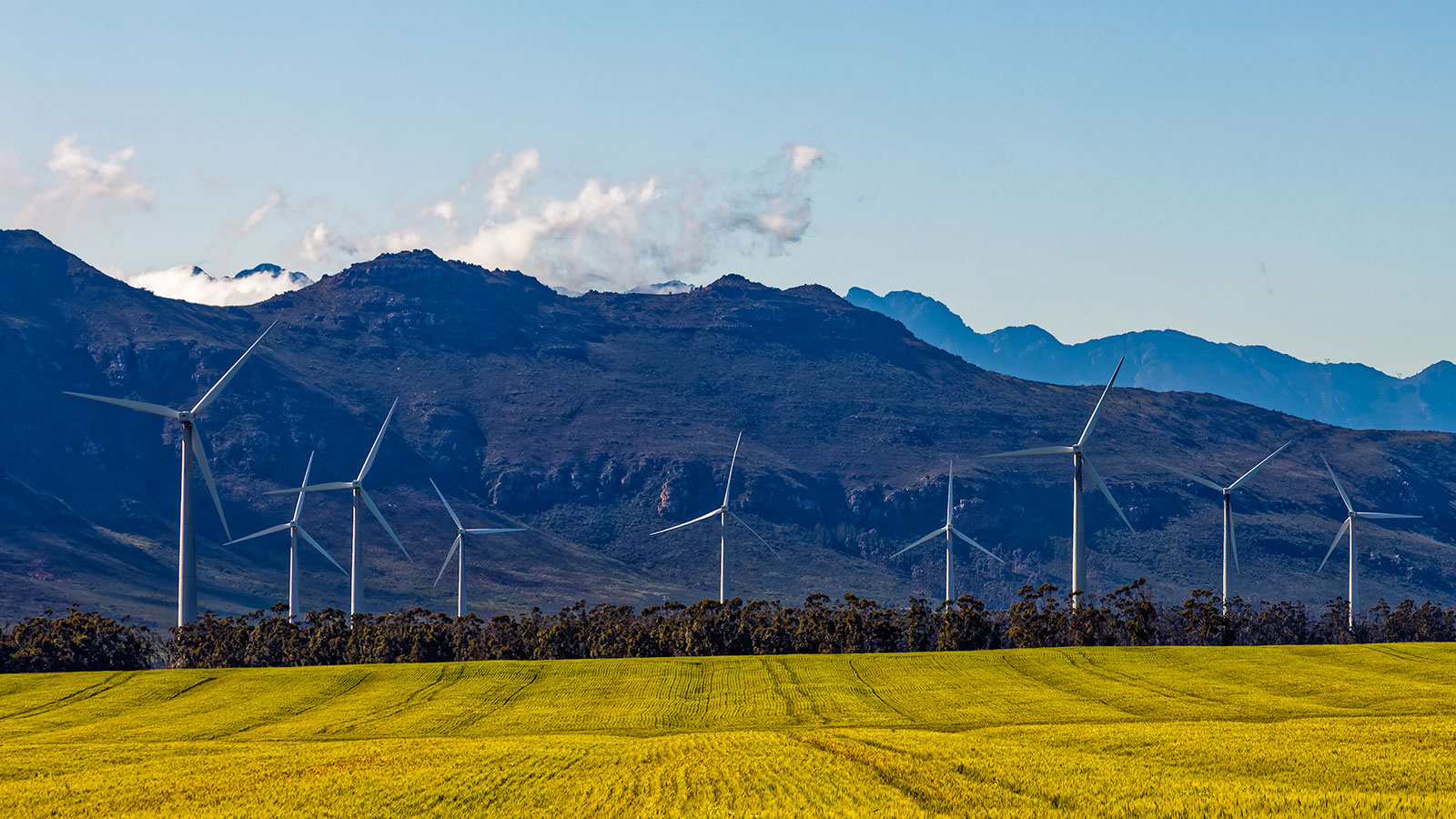World leaders at COP28 have pledged to triple renewable electricity capacity by 2030. However, a new report by the Climate Group warns that policy barriers in the world’s largest economies could hinder this ambitious goal
The report examines common policy gaps that are impeding the rollout of renewable energy in key G20 economies. These gaps represent significant challenges faced by many countries globally. The report’s focus on countries like Argentina, China, Japan, Indonesia, India, Mexico, South Korea, and South Africa reveals the urgent need for policy changes.
These changes are necessary to enable countries to harness the economic opportunities of the energy transition and accelerate the race to net zero. For example, in South Korea, over half of the local governments have implemented ordinances that significantly limit solar development. These regulations, which require solar facilities to be located at a minimum distance from residential areas and roads, effectively mark vast areas of the country off-limits to solar development.
“Renewables are the gold rush of the 21st century, but many businesses, states, regions, and countries are still missing out,” said Sam Kimmins, Director of Energy at Climate Group. He emphasised the need for governments to open their markets to corporate investment in cheap, clean renewable electricity. This is essential not only for tripling renewable electricity capacity but also for delivering on the promise of such commitments.
The report identifies three main themes under which the barriers fall: the availability of renewable electricity, the accessibility of this electricity for corporate use, and the affordability of renewable electricity in some markets. These challenges are exacerbated by restrictive regulatory environments and market barriers.
As calls for action on the phase-out of fossil fuels and stronger leadership from the world’s biggest economies increase, the report underscores the need for governments to remove common policy barriers. These barriers are currently locking in fossil fuels and slowing the global transition to net zero.
With the renewable energy market expected to reach $2.15 trillion by 2025 and sustainable investment surpassing $35 trillion in 2020, the opportunities for countries that prioritise sustainability are immense. The report concludes that promoting fossil fuels, or not adequately supporting renewables through policies and market structures, is counterproductive.
Countries like South Africa have shown positive signs, with programs like the Renewable Independent Power Producer Programme (REIPPP) stimulating significant investment in renewables. However, the challenge remains to incorporate these developments into the existing grid infrastructure effectively.
By adopting the recommendations in the report, the Climate Group has suggested that countries could unlock billions of dollars in investment. This would not only aid in combating climate change but could also help countries reach their net zero targets more effectively.

